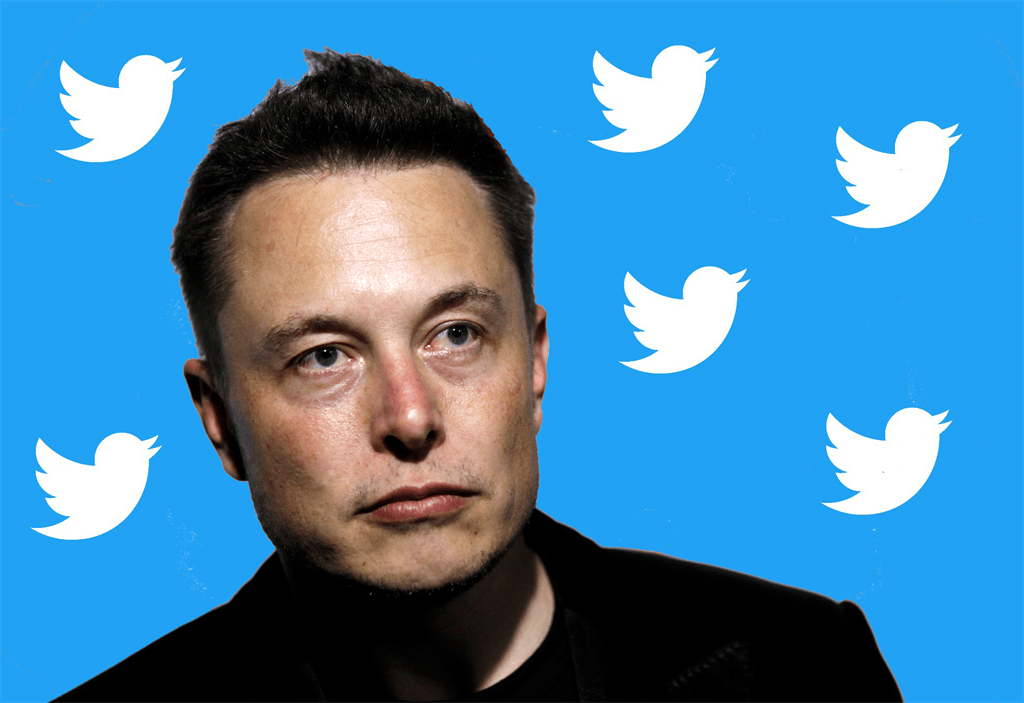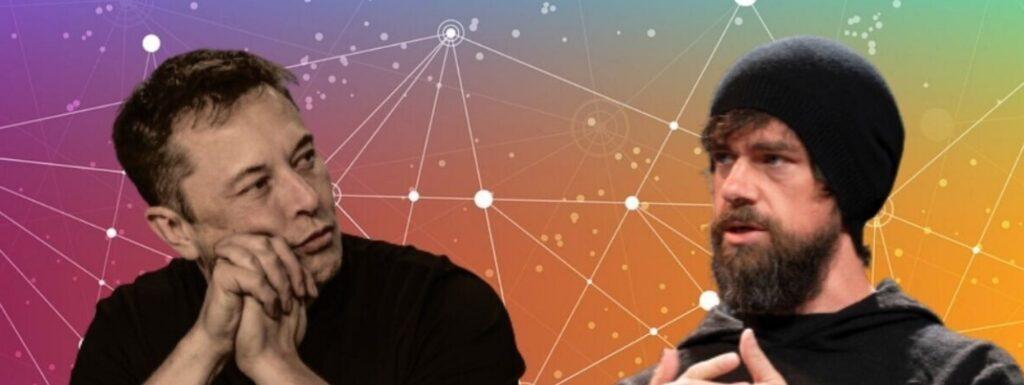IMPORTANT NOTES
- If they don’t settle beforehand, Twitter and Elon Musk will square off in Delaware Chancery Court on October 17.
- The social networking site sues Musk for canceling a $44 billion transaction.
- Musk has repeatedly accused Twitter, through his attorneys, of “resisting and sabotaging” his access to information on the amount of bot and spam accounts on the platform.
If a resolution is not reached before the trial begins on October 17 in Delaware, Twitter and Elon Musk, the CEO of Tesla, are scheduled to appear in court to address Musk’s attempt to cancel his acquisition of the firm.

The social networking company filed a lawsuit against Musk, also the CEO of SpaceX, for backing out of a deal he initially proposed in April to buy Twitter for approximately $44 billion at $54.20 per share. The lawsuit was filed against Musk by the social networking company.
Chancellor Kathleen St. J. McCormick, the judge in Delaware who is presiding over the case, has given the attorneys for Twitter and Musk several stringent deadlines to meet to prepare for the possibility of a trial. As an illustration, Twitter and Musk have until August 1 to serve initial discovery requests to third parties, and they have until September 29 to finish all their depositions.
In a separate order filed late on Thursday night, the judge underscored that “discovery should not be requested or withheld to inflict unfair demands on or obtain unreasonable advantages from the other party.”
The attorneys for Twitter had earlier expressed concern over Musk’s extensive requests for information in filings with the court. They pointed out that the billionaire had previously considered beginning a competing service.
Musk posted the following in a series of tweets in March: “Given that Twitter acts as the de facto public town square, failing to adhere to the ideals of free speech fundamentally weakens democracy.” What steps ought to be taken? Is it necessary to develop a new platform?”
Musk, through his legal representatives, has claimed on multiple occasions that Twitter is “resisting and blocking” his access to information regarding the total amount of spam and bot accounts active on the platform.
Another one of Musk’s attempts to postpone the trial was unsuccessful
Musk’s legal team has written Twitter three separate letters to back out their client’s agreement to purchase the firm. This time, they highlighted the multimillion-dollar severance payment that Twitter made to Zatko as the cause for terminating the deal, claiming that it was a violation of the merger agreement and a reason to do so.
A few days later, Twitter gave its typical response, which was as follows: your argument is unfounded, Twitter has not violated its part of the agreement, and so neither can you.
At the beginning of September, the Chancellor of the State of Delaware, Kathaleen McCormick, stated that Musk’s side could add Zatko’s claims in its case. Still, she rejected yet another attempt to postpone the trial. McCormick said, “I am convinced that even a delay of four weeks will risk further harm to Twitter that is too big to justify.” As more information concerning the exodus of talented employees from Twitter becomes available, she may be correct in her assessment.
Twitter filed a lawsuit against Musk for attempting to back out of the arrangement
A lawsuit was filed by Twitter almost as soon as Elon Musk made it clear that he intended to back out of buying Twitter. The lawsuit stated, in effect, that you agreed to pay $44 billion for Twitter, and we intend to get the full $44 billion for our shareholders. As soon as Twitter’s lawsuit was filed in the Delaware Court of Chancery, it became quickly known as the most interesting court system that no one had ever heard of before. It paints a picture of Musk going out of his way to make an unexpected and unusually generous offer to Twitter, only to turn around almost immediately and start toying with the company and the idea of abandoning their agreement. This paints a picture of Musk going out of his way to make an offer to Twitter that is unusually generous.



